Buying Synthesizers From Japan: The Secret World of Cheap Synths
Secrets for buying synths from Roland, Korg, Yamaha and more.
While the rest of the world struggles under the weight of high hardware prices, Japan’s domestic vintage synthesizer market is surprisingly cheap. The bad news is it’s something of a closed store. We tell you the best tips and tricks for buying synthesizers from Japan.
Buying Synthesizers From Japan
As I sit here writing this, I’m surrounded by vintage Japanese synthesizers. I have something like 50 in my studio and that doesn’t count drum machines, outboard gear, and other random things. I’m not rich though. Far from it. My only secret is that I live in Japan, where vintage hardware prices are surprisingly lower than in the rest of the world. Lucky me, right? Well, there’s no reason why you can’t be lucky too. If you like synths by Roland, Korg, Yamaha, and other Japanese manufacturers, read on.
Buying Synthesizers From Japan: Low Prices, High Quality
How low are we talking? I recently picked up a Yamaha TG55 rackmount ROMpler for around $20. Granted, that’s not the most desirable instrument ever released, but a quick glance at a popular used gear site shows it selling for about 10 times that. Past purchases include a Roland Alpha Juno-2 for $200 and a JX-3P with PG-200 programmer for $500. Not every synth is that cheap, though. Your Jupiter-8s and CS-80s command lofty prices. However, they’re still significantly lower than overseas.
Buying Synthesizers From Japan: Immaculately Clean
Anyone who has ever perused vintage gear listings has undoubtedly seen a well-kept Japanese instrument for sale. Original box! Manuals and gig bag! Immaculately clean! Only one owner! This is no exaggeration. One of the joys of buying Japanese domestic gear is how well it’s been kept. Japanese people value cleanliness, and this extends to the things they own. They also like to hold onto the original packaging. Of course, not every item looks like it just rolled off the showroom floor. There are gigging musicians and plenty of smokers here, too, but the majority of gear is clean and working.
Buying Synthesizers From Japan: Japanese Market Factors
If gear is well-kept and working, why is it so cheap? The main reason is that the Japanese used instrument market is largely closed off from the rest of the world. While many other countries are interconnected through the English-language internet and used gear auction sites, Japanese sellers prefer to operate using their own, Japanese-language sites like Yahoo! Auctions and Mercari. Many don’t want to deal with the hassle of shipping overseas either. This restricts the buying pool to local Japanese speakers.
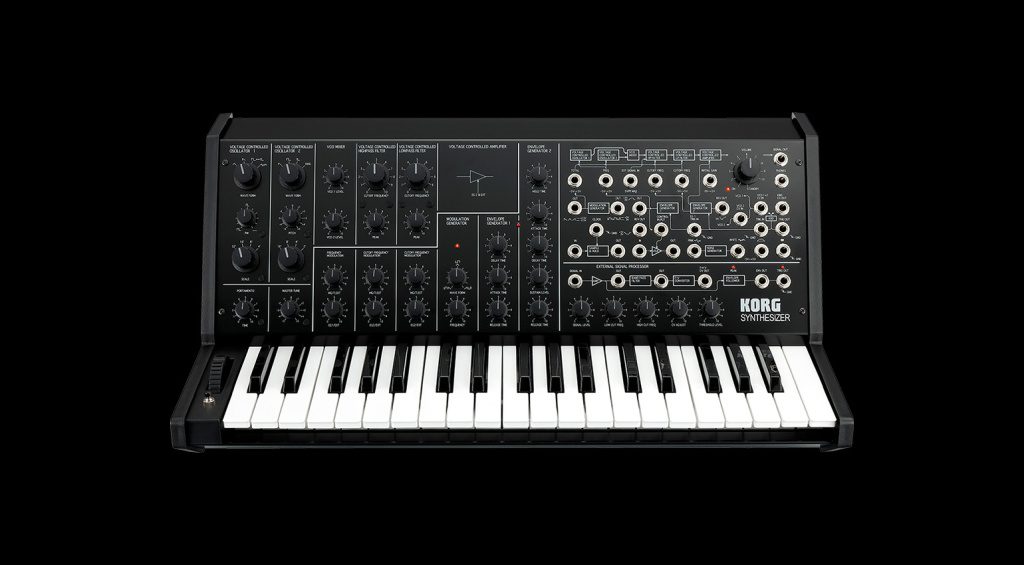
The other side of this coin is a glut of used Japanese-made instruments. Japan’s miracle economy peaked in the 1970s and 1980s, exactly the same time when Japanese instrument manufacturers were turning out some of their most famous synths and drum machines. This was Japan’s Bubble Era, when people literally had more money than they knew what to do with. Think gold toilet seat levels of wealth. It wasn’t uncommon for suburban dads to buy a Yamaha DX7 or Roland Juno-106 for their kids to practice on at home. These days, however, local young people want guitars if they want an instrument at all.
It’s simple supply and demand economics. A large supply plus small demand gives you low prices, which makes buying synthesizers from Japan an attractive option.
Buying Synthesizers From Japan: Where To Buy?
The easiest way to take advantage of these low prices is by living in Japan – but that’s not realistic for most musicians and collectors. Now that Japan has opened its borders to tourists, there’s nothing to stop you from taking advantage of the market. The yen is at a low as well, meaning your foreign currency will go even further when buying synthesizers from Japan.
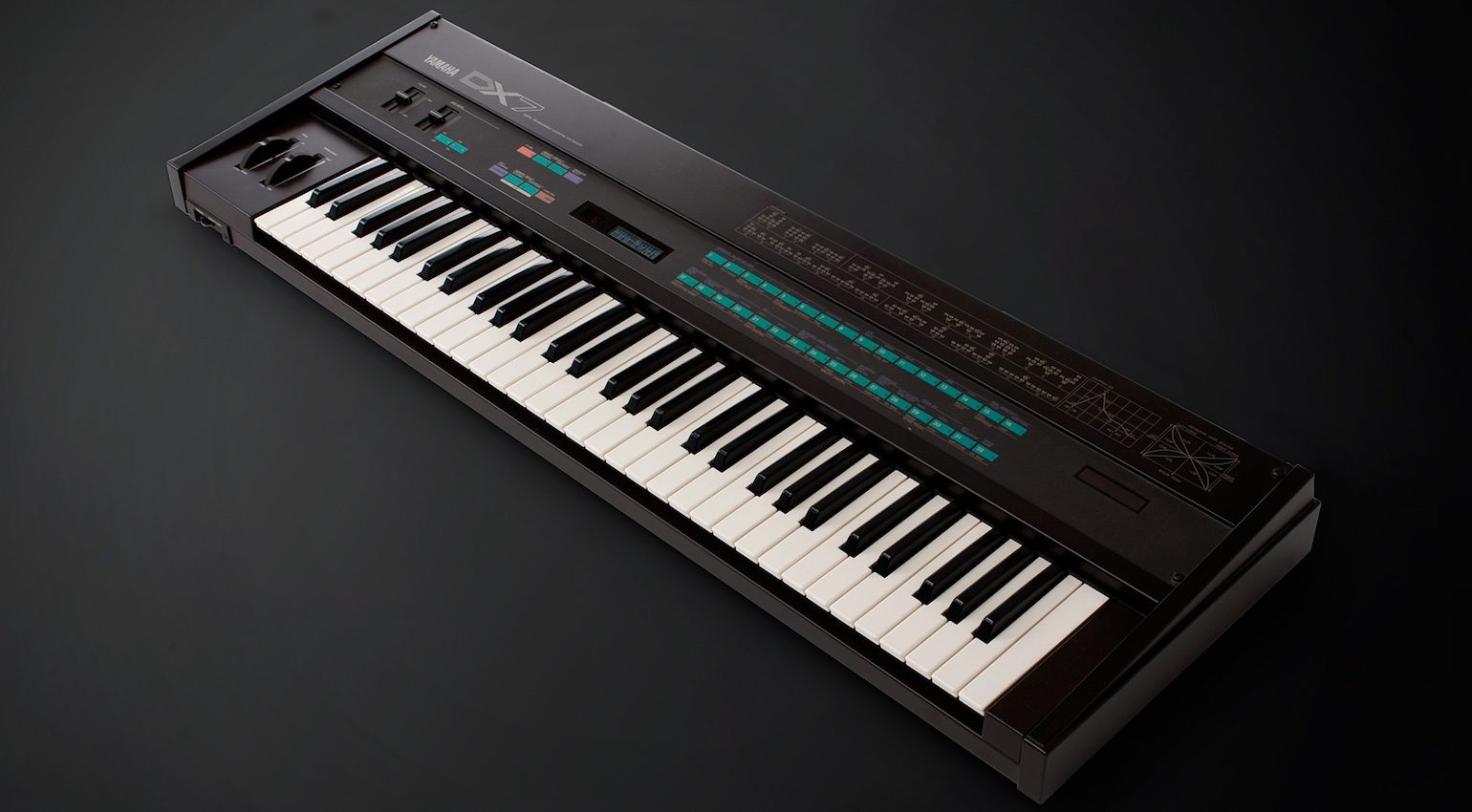
Where do you start, though?
Buying Synthesizers From Japan: Musical Instrument Stores
The easiest and most visible place to buy used gear is a used musical instrument shop. Tokyo’s Shibuya district is home to a number of stores, including Five G, a must-visit for synth nerds. They’re not cheap, though. This is true for brick-and-mortar stores in general, although their prices may still be lower than what you’re used to at home. (Don’t forget to factor in the cost of shipping, which is expensive from Japan.)
Buying Synthesizers From Japan: Recycle Shops
Japan doesn’t have thrift stores or charity shops, but it does have recycle shops, stores selling used goods of all kinds. For synths and drum machines, check out the inadvertently hilariously-named Hard Off. They have locations all over the country, but if you’re in Tokyo, try the one in Akihabara as it has a good selection of musical instruments. For the best Hard Off deals, head to the Junk section. While some items are well and truly broken, this is where the store puts anything that it can’t guarantee. Sometimes gear just needs a new internal battery or other minor repairs.
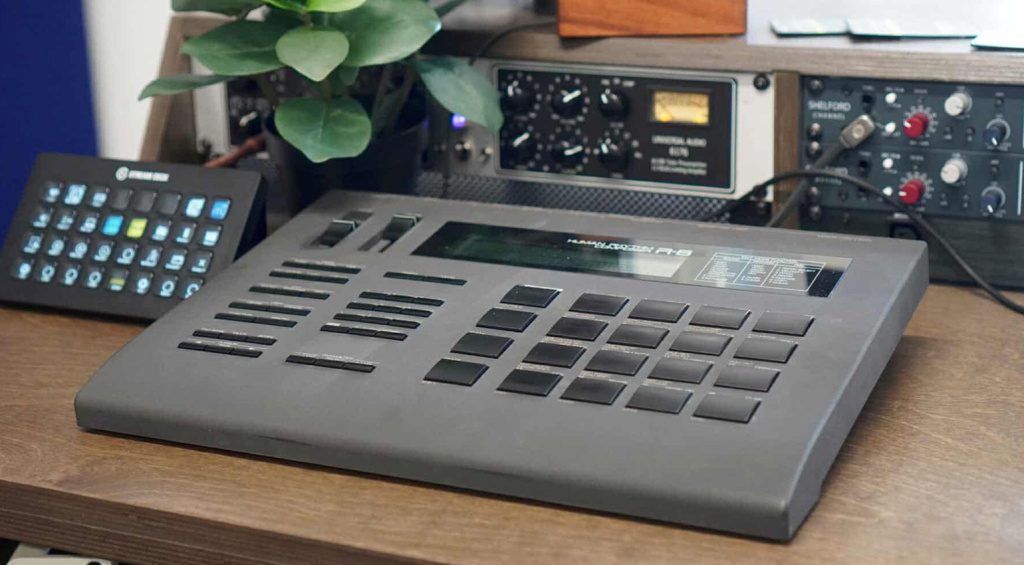
Buying Synthesizers From Japan: Used Websites
By far the best deals for used synths you will find are on Yahoo! Auctions (yes, that Yahoo!). There is a bewildering amount of stuff on Yahoo! Auctions and a lot of it sells for very reasonable prices. As I mentioned before, you have to speak Japanese and actually be in Japan to get the best deals. However, there are middleman services like Buyee that will bid on your behalf and then ship it to you. They take a cut, and of course, shipping is expensive, which adds to the original price. I’ve never used one of these services as I live in the country, but friends have, and they’ve never had a problem.
Buying Synthesizers From Japan: Tips For The Best Deals
For the absolute best deals in Japan, here are some tips.
- Stick to Japanese brands. Imported instruments from America and Europe are never cheap. The exception is gear that was manufactured domestically, like Sequential and Oberheim, both of which had Japanese plants in the 1980s to service local demand.
- Buy unpopular gear. Prices have been creeping up on Yahoo! Auctions over the past few years because more overseas buyers are catching on. However, some gear is still cheap, like PCM synthesis modules, which are never sexy, and old PA mixers, which are really heavy.
- Buy broken. I taught myself to do basic maintenance and repairs, and it’s saved me hundreds of dollars. Usually, it’s just a battery that needs changing or maybe a few loose wires to be resoldered.
In case you can’t make it to Japan any time soon, here are some modern recreations of classic Japanese gear to tide you over.

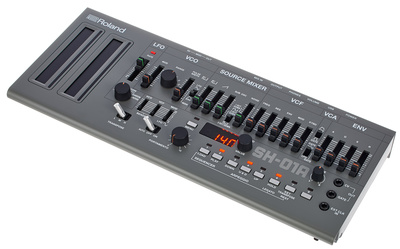

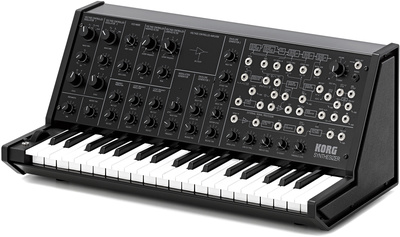

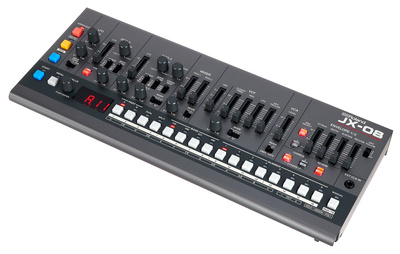
What are some of your favourite vintage Japanese synths? Let us know in the comments.
More Information
9 responses to “Buying Synthesizers From Japan: The Secret World of Cheap Synths”


 3,8 / 5,0 |
3,8 / 5,0 | 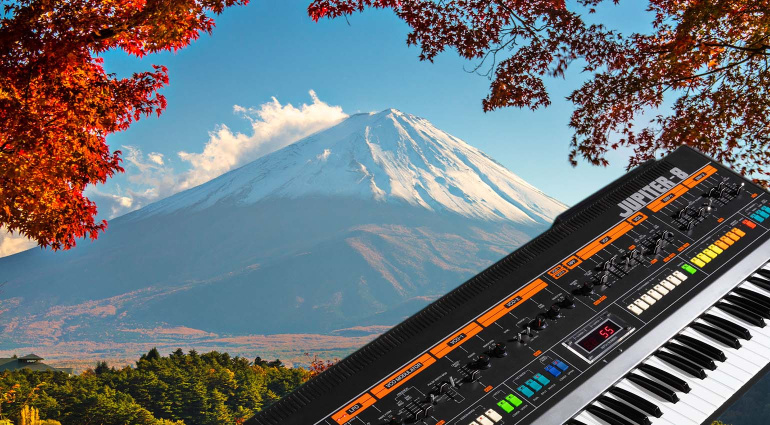


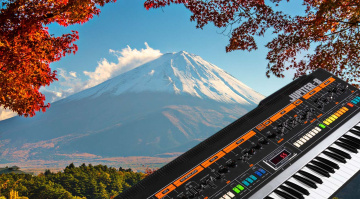


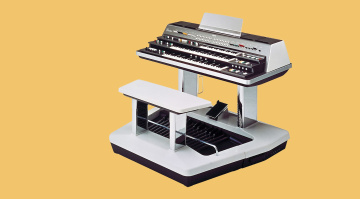
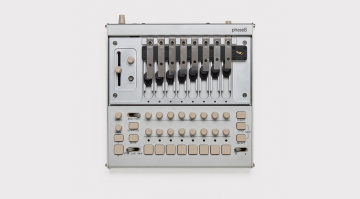
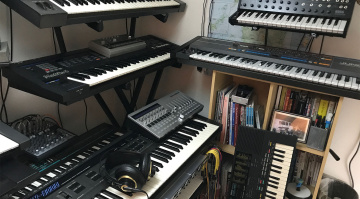
Seems Japanese Yahoo hasn’t been available from Europe since April 🙁
Guess the secret is out now. Thanks a lot…
Well, there is an other obstacle for buying gear, at least for most of the world. Japan uses 100 volt and an ‘American’ wallplug. The latter maybe an easy replacement but converting power for stuff that makes sounds, is entering a whole new world of pain. At the least it will chew even more out of the original Japanese bargainprice, unless you’ll find multivoltage gear (but good luck with that)
That is very true for vintage gear.
For more modern gear that uses an external (wall wart) supply, just buying one for your country is usually inexpensive.
The biggest cost, in my experience, are the import fees. They can almost render it not worth it.
Been buying gear in Japan for 13 years +. The salad days of finding great deals are over. There are so many resellers now, that prices have skyrocketed. You can still find deals once in a while, but far and few between. Add on auction fees, shipping, and duty >> it’s really not much different than buying things locally and like mentioned will be in your power requirements.
However, for guys like me are just collecting, it’s still around 30%+ less than what would be paid in Americas/Europe.
A deal is a deal.🤷🏿♂️
Hi! I’m traveling to Japan for a couple of months, I’ll be around Osaka and Tokyo. Is there a specific store that deals vintage synths that you could recommend? The idea of the auction through Yahoo it’s a little bit too much for me… thanks in advance!!
The article forgot to mention the “small” details that the voltage is different and the you need to pay VAT and duty. That will add a lot to the final price.
I have purchased synthesizers and rack gear in the past through Buyee and eBay, but because they were stored in Japan’s high-humidity environment, many of the synths listed in auctions were in poor condition, and the chances of something being broken were quite high.
I do believe that Japanese people are generally very honest, but if you see something like “operation unconfirmed” written in an auction listing, you can safely assume that it’s not actually unconfirmed — it’s definitely broken.
You are currently viewing a placeholder content from Facebook. To access the actual content, click the button below. Please note that doing so will share data with third-party providers.
More InformationYou are currently viewing a placeholder content from Instagram. To access the actual content, click the button below. Please note that doing so will share data with third-party providers.
More InformationYou are currently viewing a placeholder content from X. To access the actual content, click the button below. Please note that doing so will share data with third-party providers.
More Information